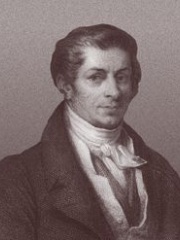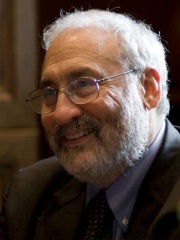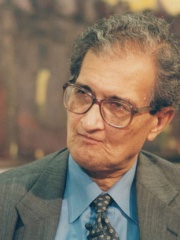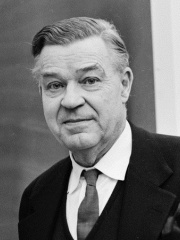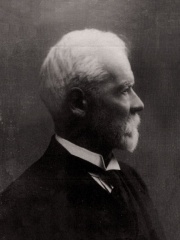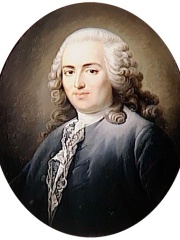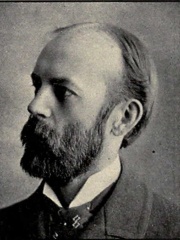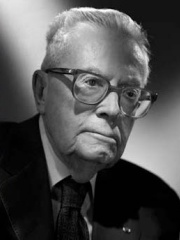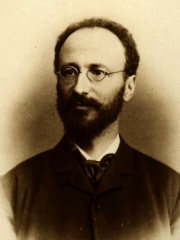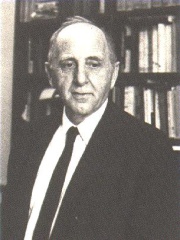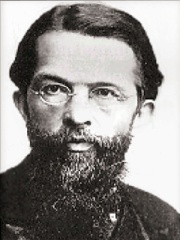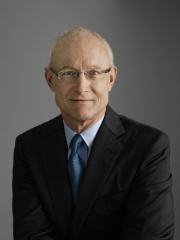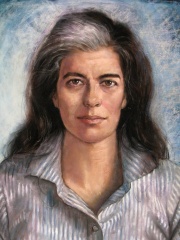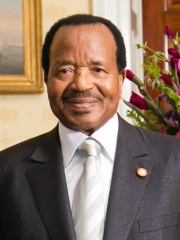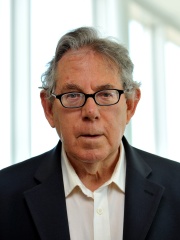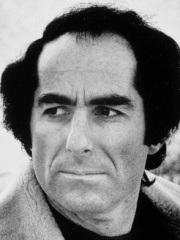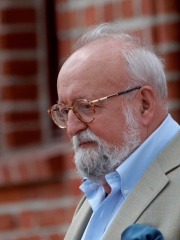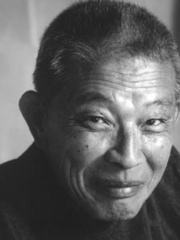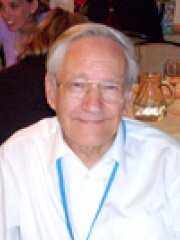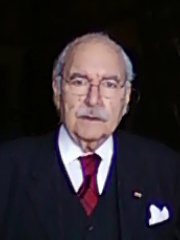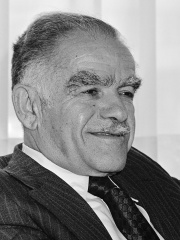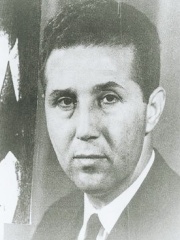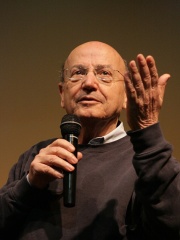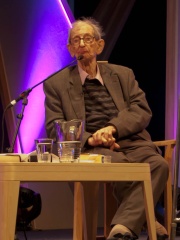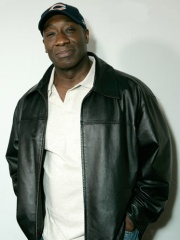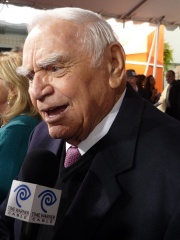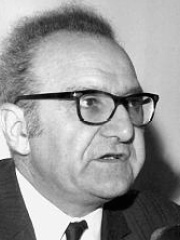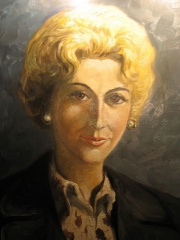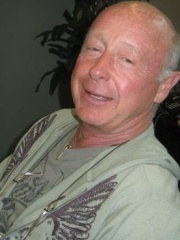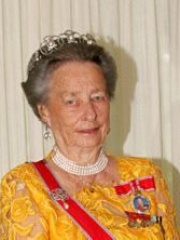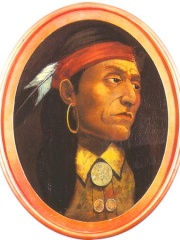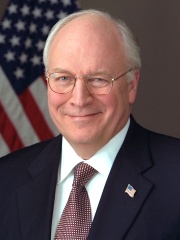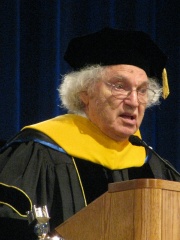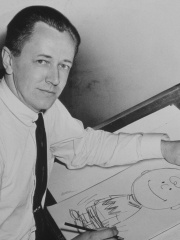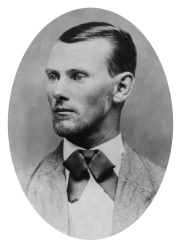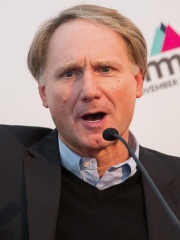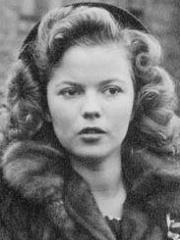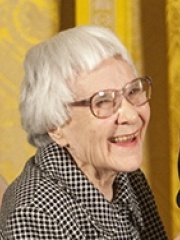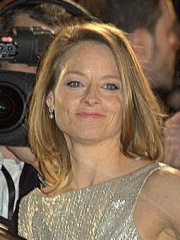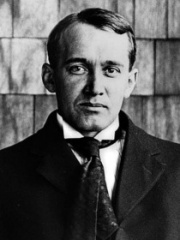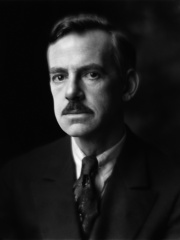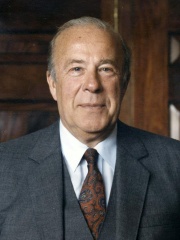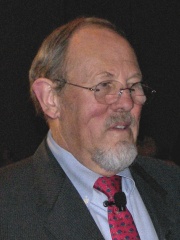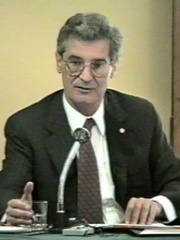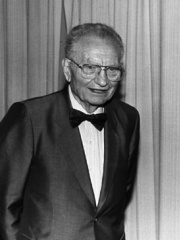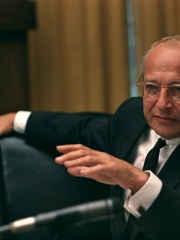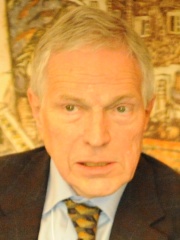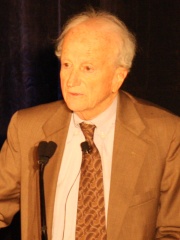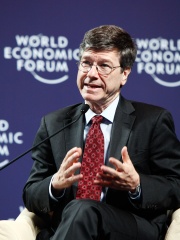Économiste
Elinor Ostrom
1933 - 2012
FR.WIKIPEDIA PAGE VIEWS (PV)
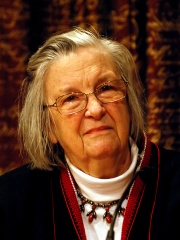
 Elinor Ostrom
Elinor Ostrom
Sa biographie est disponible en 79 langues sur Wikipédia (en hausse par rapport à 78 en 2024). Elinor Ostrom est la 33rd économiste la plus populaire, la 561st biographie la plus populaire des États-Unis (en baisse du 462nd en 2019), ainsi que la 8th économiste des États-Unis la plus populaire.
Memorability Metrics
Page views of Elinor Ostrom by language
Among Économistes
Among économistes, Elinor Ostrom ranks 33 out of 414. Before her are Jean-Baptiste Say, Joseph Stiglitz, Amartya Sen, Gunnar Myrdal, Henri Fayol, and Anne Robert Jacques Turgot. After her are Charles Cooley, Maurice Allais, Eugen Böhm von Bawerk, Simon Kuznets, Carl Menger, and Michael Porter.
Most Popular ÉConomistes in Wikipedia
Go to all RankingsJean-Baptiste Say
1767 - 1832
HPI: 73.78
Rank: 27
Joseph Stiglitz
1943 - Present
HPI: 73.63
Rank: 28
Amartya Sen
1933 - Present
HPI: 73.57
Rank: 29
Gunnar Myrdal
1898 - 1987
HPI: 73.52
Rank: 30
Henri Fayol
1841 - 1925
HPI: 73.33
Rank: 31
Anne Robert Jacques Turgot
1727 - 1781
HPI: 73.32
Rank: 32
Elinor Ostrom
1933 - 2012
HPI: 73.30
Rank: 33
Charles Cooley
1864 - 1929
HPI: 73.19
Rank: 34
Maurice Allais
1911 - 2010
HPI: 73.08
Rank: 35
Eugen Böhm von Bawerk
1851 - 1914
HPI: 73.06
Rank: 36
Simon Kuznets
1901 - 1985
HPI: 72.97
Rank: 37
Carl Menger
1840 - 1921
HPI: 72.92
Rank: 38
Michael Porter
1947 - Present
HPI: 72.84
Rank: 39
Contemporaries
Among people born in 1933, Elinor Ostrom ranks 27. Before her are Arno Allan Penzias, Susan Sontag, Amartya Sen, Paul Biya, Paul J. Crutzen, and Philip Roth. After her are Krzysztof Penderecki, Corazon Aquino, Mako, Richard R. Ernst, Fouad Mebazaa, and Ronald Evans. Among people deceased in 2012, Elinor Ostrom ranks 18. Before her are Yitzhak Shamir, Ahmed Ben Bella, Theo Angelopoulos, George Tupou V, Eric Hobsbawm, and Michael Clarke Duncan. After her are Jon Lord, Ernest Borgnine, Roger Garaudy, Matilde Camus, Tony Scott, and Princess Ragnhild, Mrs. Lorentzen.
Others Born in 1933
Go to all RankingsArno Allan Penzias
PHYSICIST
1933 - 2024
HPI: 74.19
Rank: 21
Susan Sontag
WRITER
1933 - 2004
HPI: 73.98
Rank: 22
Amartya Sen
ECONOMIST
1933 - Present
HPI: 73.57
Rank: 23
Paul Biya
POLITICIAN
1933 - Present
HPI: 73.53
Rank: 24
Paul J. Crutzen
CHEMIST
1933 - 2021
HPI: 73.45
Rank: 25
Philip Roth
WRITER
1933 - 2018
HPI: 73.35
Rank: 26
Elinor Ostrom
ECONOMIST
1933 - 2012
HPI: 73.30
Rank: 27
Krzysztof Penderecki
COMPOSER
1933 - 2020
HPI: 73.16
Rank: 28
Corazon Aquino
POLITICIAN
1933 - 2009
HPI: 72.92
Rank: 29
Mako
ACTOR
1933 - 2006
HPI: 72.46
Rank: 30
Richard R. Ernst
CHEMIST
1933 - 2021
HPI: 72.24
Rank: 31
Fouad Mebazaa
POLITICIAN
1933 - 2025
HPI: 72.12
Rank: 32
Ronald Evans
ASTRONAUT
1933 - 1990
HPI: 72.05
Rank: 33
Others Deceased in 2012
Go to all RankingsYitzhak Shamir
POLITICIAN
1915 - 2012
HPI: 74.15
Rank: 12
Ahmed Ben Bella
POLITICIAN
1916 - 2012
HPI: 74.11
Rank: 13
Theo Angelopoulos
FILM DIRECTOR
1935 - 2012
HPI: 74.06
Rank: 14
George Tupou V
POLITICIAN
1948 - 2012
HPI: 74.01
Rank: 15
Eric Hobsbawm
HISTORIAN
1917 - 2012
HPI: 73.44
Rank: 16
Michael Clarke Duncan
ACTOR
1957 - 2012
HPI: 73.31
Rank: 17
Elinor Ostrom
ECONOMIST
1933 - 2012
HPI: 73.30
Rank: 18
Jon Lord
MUSICIAN
1941 - 2012
HPI: 72.85
Rank: 19
Ernest Borgnine
ACTOR
1917 - 2012
HPI: 72.74
Rank: 20
Roger Garaudy
PHILOSOPHER
1913 - 2012
HPI: 72.15
Rank: 21
Matilde Camus
WRITER
1919 - 2012
HPI: 72.09
Rank: 22
Tony Scott
FILM DIRECTOR
1944 - 2012
HPI: 72.09
Rank: 23
Princess Ragnhild, Mrs. Lorentzen
POLITICIAN
1930 - 2012
HPI: 72.02
Rank: 24
In États-Unis
Among people born in États-Unis, Elinor Ostrom ranks 561 out of NaN. Before her are Pontiac (1714), Dick Cheney (1941), Herbert A. Hauptman (1917), Michael Clarke Duncan (1957), Charles M. Schulz (1922), and Jesse James (1847). After her are Dan Brown (1964), Shirley Temple (1928), Harper Lee (1926), Jodie Foster (1962), Vesto Slipher (1875), and Eugene O'Neill (1888).
Others born in États-Unis
Go to all RankingsPontiac
POLITICIAN
1714 - 1769
HPI: 73.32
Rank: 555
Dick Cheney
POLITICIAN
1941 - 2025
HPI: 73.31
Rank: 556
Herbert A. Hauptman
MATHEMATICIAN
1917 - 2011
HPI: 73.31
Rank: 557
Michael Clarke Duncan
ACTOR
1957 - 2012
HPI: 73.31
Rank: 558
Charles M. Schulz
COMIC ARTIST
1922 - 2000
HPI: 73.31
Rank: 559
Jesse James
MAFIOSO
1847 - 1882
HPI: 73.31
Rank: 560
Elinor Ostrom
ECONOMIST
1933 - 2012
HPI: 73.30
Rank: 561
Dan Brown
WRITER
1964 - Present
HPI: 73.29
Rank: 562
Shirley Temple
ACTOR
1928 - 2014
HPI: 73.29
Rank: 563
Harper Lee
WRITER
1926 - 2016
HPI: 73.28
Rank: 564
Jodie Foster
ACTOR
1962 - Present
HPI: 73.27
Rank: 565
Vesto Slipher
ASTRONOMER
1875 - 1969
HPI: 73.27
Rank: 566
Eugene O'Neill
WRITER
1888 - 1953
HPI: 73.26
Rank: 567
Among Économistes In États-Unis
Among économistes born in États-Unis, Elinor Ostrom ranks 8. Before her are Milton Friedman (1912), George Shultz (1920), William F. Sharpe (1934), Robert Lucas Jr. (1937), Paul Samuelson (1915), and Joseph Stiglitz (1943). After her are Charles Cooley (1864), Michael Porter (1947), Walt Whitman Rostow (1916), Edmund Phelps (1933), Gary Becker (1930), and Jeffrey Sachs (1954).
Milton Friedman
1912 - 2006
HPI: 77.39
Rank: 2
George Shultz
1920 - 2021
HPI: 76.07
Rank: 3
William F. Sharpe
1934 - Present
HPI: 74.32
Rank: 4
Robert Lucas Jr.
1937 - 2023
HPI: 74.05
Rank: 5
Paul Samuelson
1915 - 2009
HPI: 74.01
Rank: 6
Joseph Stiglitz
1943 - Present
HPI: 73.63
Rank: 7
Elinor Ostrom
1933 - 2012
HPI: 73.30
Rank: 8
Charles Cooley
1864 - 1929
HPI: 73.19
Rank: 9
Michael Porter
1947 - Present
HPI: 72.84
Rank: 10
Walt Whitman Rostow
1916 - 2003
HPI: 71.27
Rank: 11
Edmund Phelps
1933 - Present
HPI: 71.04
Rank: 12
Gary Becker
1930 - 2014
HPI: 71.02
Rank: 13
Jeffrey Sachs
1954 - Present
HPI: 70.31
Rank: 14
